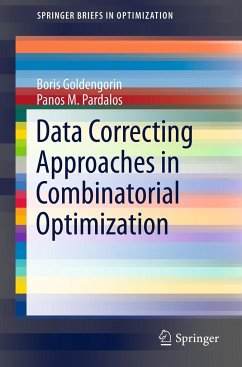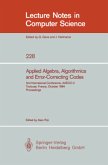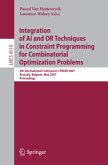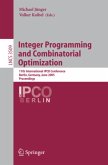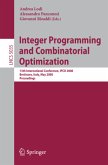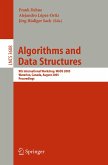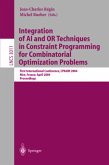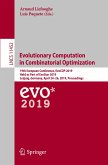Data Correcting Approaches in Combinatorial Optimization focuses on algorithmic applications of the well known polynomially solvable special cases of computationally intractable problems. The purpose of this text is to design practically efficient algorithms for solving wide classes of combinatorial optimization problems. Researches, students and engineers will benefit from new bounds and branching rules in development efficient branch-and-bound type computational algorithms. This book examines applications for solving the Traveling Salesman Problem and its variations, Maximum Weight Independent Set Problem, Different Classes of Allocation and Cluster Analysis as well as some classes of Scheduling Problems. Data Correcting Algorithms in Combinatorial Optimization introduces the data correcting approach to algorithms which provide an answer to the following questions: how to construct a bound to the original intractable problem and find which element of the corrected instance one should branch such that the total size of search tree will be minimized. The PC time needed for solving intractable problems will be adjusted with the requirements for solving real world problems.
"[The book] presents theoretical results on the structure of local and global maxima and indicates how these results can be used for adding horsepower to the DC approach...It should be mentioned that all central chapters of the book include experimental evaluations of the DC algorithms. The experimental results indicate that the DC approach is highly competitive to existing approaches, and often outperforms them. The book should be of great interest to theoreticians and to practitioners. On one hand, it presents strong structural results (in particular the ones about submodular functions in Chapter 2), on the other hand it does a great job in algorithm engineering. The DC approach seems to come very close to a mature technology for (heuristically) solving a reasonably wide range of NP-hard combinatorial optimization problems." -Hans-Ulrich Simon , Mathematical Reviews

